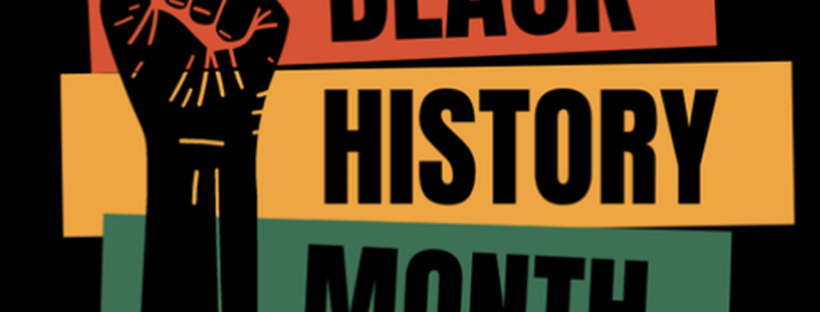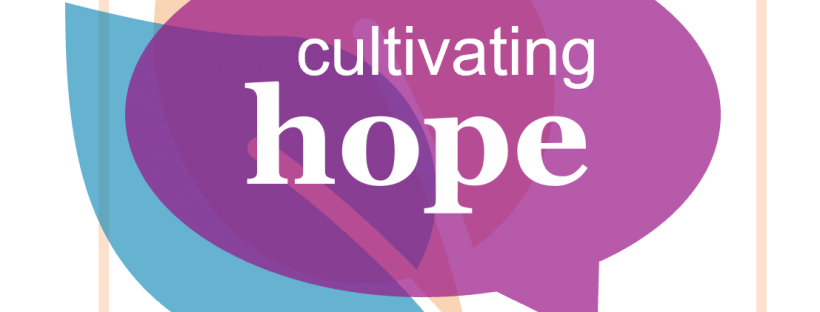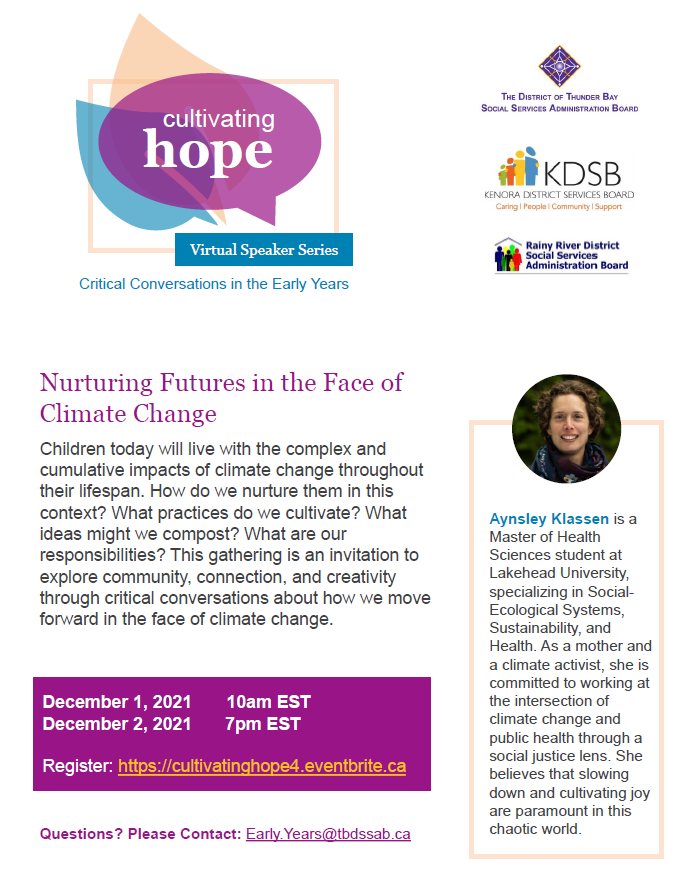“There are many actions we can and must take to start to eliminate anti-Black racism in Canada and drive lasting change. It starts on the individual level, where we encourage Canadians to speak up, identify inequities, commit to action, and become allies in the movement for change.” – Civic Action, 2020
Three Things You Can Do To Help Combat Anti-Black Racism
Source: » anti-Black Racism Social Action Cards from Centennial College and City of Toronto
 1. Acknowledge how racism has shaped you
Racism is like an invisible gas that we all breathe. Whether we benefit from it or internalize messages that harm us, racism shapes our thinking and actions, often unconsciously, even if we don’t want it to. Once we acknowledge that, we can begin to explore how we contribute to the problem and what we might do to stop it.
2. Educate yourself
Become aware of the holes in your knowledge. Once you are aware of the holes, it is your responsibility to begin filling them in.
3. Speak up and do your part
Too often, the job of speaking out against racism is left to people of colour. This is unfair. To be effective, all people must be willing to do a good part of the heavy lifting.










